Le Paria (The Miserable) Newspaper - The mouthpiece of the Union of Colonial Peoples, published from 1922 to 1926, founded by Nguyen Ai Quoc and a number of revolutionaries. Nguyen Ai Quoc was the editor-in-chief of the newspaper. Photo: Document
As a person who understood better than anyone the power of the press in the revolutionary struggle, right from the first years of his search for a way to save the country, President Ho Chi Minh used his pen as a weapon to fight for justice, for the right, for the rights of oppressed peoples. So that each article, to him, must be like a "revolutionary proclamation" capable of attracting oppressed classes and progressive humanity in the world to the fight for justice, for human values. In his speech at the 2nd Congress of the Vietnam Journalists Association , he pointed out: "Regarding the content of the writing that you call "theme", all the articles I wrote had only one "theme", which was to fight against colonialism, imperialism, feudalism, and landlordism, to propagate national independence and socialism. That was my fate with the press."
From the very beginning of his writing, many of his articles exposed the nature of the so-called “civilization” that the French were imposing on the colonies, including Indochina. At the same time, he exposed the darkness of colonial society and the lives of the indigenous people under the rule of the “mother country”. For example, in the article about Indochina, he pointed out the truth about the so-called “freedom” and “civilization” that the colonial people were being granted by the “mother country”: “The truth is that the Indochinese people do not have any means of action and study. Newspapers, meetings, associations, and travel are all prohibited... Having newspapers or magazines with slightly progressive ideas or a newspaper of the French working class is a serious crime. Alcohol and opium, along with the reactionary press of the authorities, complement the government ’s work of keeping people ignorant. The guillotine and prison do the rest.”
By exposing the cruel and dark reality of colonial society, his aim was not only to condemn the French colonial regime, or to call for the sympathy of progressive French people; but also to affirm the fighting spirit of the people of Indochina that seemed to have been drowned: “Poisoned both mentally and physically, gagged and imprisoned, one might think that this herd of people would forever be used as sacrifices to the god of capitalism, that this herd of people would no longer live, no longer think, and would be useless in reforming society. No: the Indochinese people are not dead, the Indochinese people are still alive, living forever. The systematic poisoning of the colonial capitalists cannot paralyze the vitality, and even less the revolutionary thought of the Indochinese people. The wind from workers' Russia, from revolutionary China, or from fighting India is blowing to detoxify the Indochinese people. The Indochinese people are not educated, it is true, by books and speeches, but the Indochinese people receive education in other ways. Suffering, poverty, and brutal repression are their only teachers.”
In another article, he outlined seemingly simple but decisive truths for the revolutionary struggle. That is, "No matter what you do, no matter how big or small, no matter how difficult or easy, if you don't try your best, you will definitely not succeed. There is a Chinese proverb: "A lion catching a rabbit must use all its strength." No matter how strong a lion is, if it catches a rabbit, it is not difficult, but it still has to use all its strength, let alone doing a great thing like liberating the shackles of slavery for its compatriots, for humanity, if it does not use all its strength, how can it be done? Many people are discouraged when they see it is difficult, not understanding that "water wears away stone" and "with diligence, iron can be turned into a needle". No matter how difficult a thing is, if you are determined to do it, you will surely be able to do it. Few people cannot do it, many people work together and work together, then it must be done. If you cannot do it in this life, then the next generation must follow and do it, then it must be done. If you want to work together and persevere, then everyone must first clearly understand why you must do it, why you cannot do it if you do not, why everyone must shoulder a role, why you must do it right away, and not wait for someone else. Only then will the purpose be new agreement; same purpose, same will; same will, same mind; same mind, same way, must know how to do it, then it will be done quickly"...
It can be said that Ho Chi Minh’s journalistic pen is extremely sharp. It is like a thin but sharp knife, able to cut deep into the fibers of reality, to expose and expose the evil boils of the colonial oppression regime and the ultimate suffering of slavery. From there, it ignites the fire of hatred and ignites the fighting spirit in the miserable people. Also because he understood the power of the press, he pointed out: “Our press must serve the working people, serve socialism, serve the struggle to unify the country, and for world peace. That is why all journalists (writers, printers, editors, publishers, etc.) must have a firm political stance. Politics must be in charge. Only when the political line is correct can other things be correct. Therefore, all our newspapers must have a correct political line. Our press is not for a small number of readers, but to serve the people, to propagate and explain the Party and Government's lines and policies, so it must have a mass character and fighting spirit.”
For Ho Chi Minh, the highest ideal of a journalist is to use the pen to serve justice. Therefore, he advised journalists: "Your pen is also a sharp weapon in the cause of supporting justice and eliminating evil." According to him, the imperialist enemies, including France and the United States, used propaganda warfare in addition to military warfare: "The enemy's propaganda is cunning and persistent, day after day, year after year, "a drop of water that drips for a long time can wear away a stone." Therefore, it is inevitable that some compatriots are confused by the enemy's propaganda. The responsibility of every cadre, every patriot, is to find every opportunity, use every form, to smash the enemy's false and vicious propaganda. "We must defeat the enemy in terms of propaganda, just as the army defeated the enemy in terms of military affairs," he emphasized.
However, to become a pioneer soldier on the propaganda front, the political and ideological front, the first quality of a journalist is courage. One must have the courage to not let the pen be dependent on power, fame and profit, or not be bent to serve the interests and impure purposes. And, to have that quality, the writer must have a firm political stance. “Politics must be the master. Only when the political line is correct can other things be correct. Therefore, all our newspapers must have a correct political line,” Uncle Ho advised. Moreover, a correct political goal and a firm political stance will create spiritual strength for the newspaper and bring courage to the writer that no force can subdue.
Khoi Nguyen
Source: https://baothanhhoa.vn/moi-bai-bao-la-mot-nbsp-to-hich-cach-mang-252776.htm


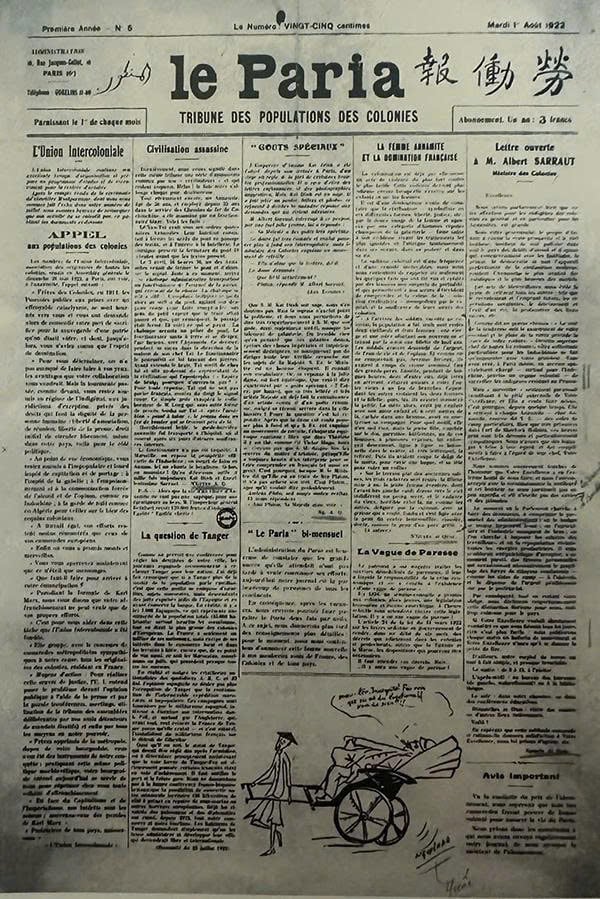














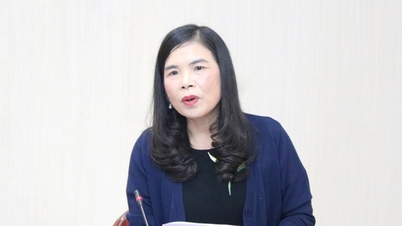




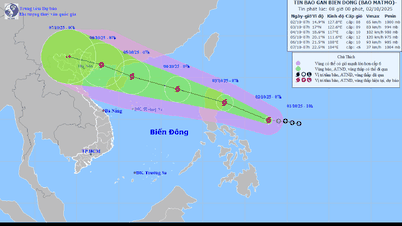



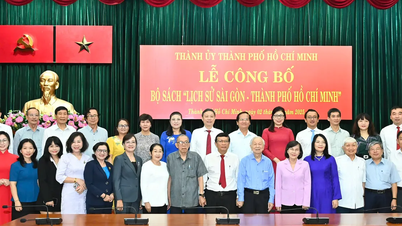










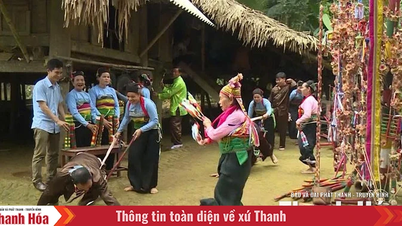

































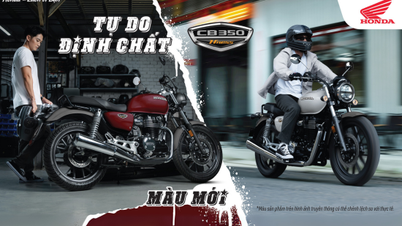






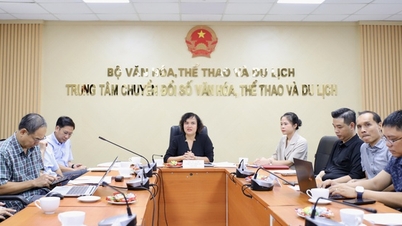
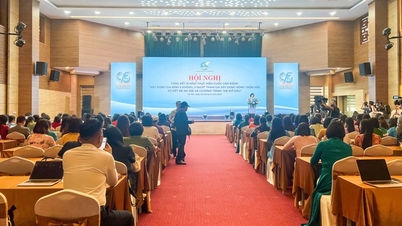
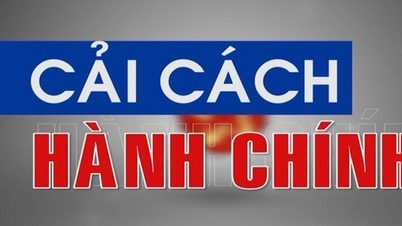



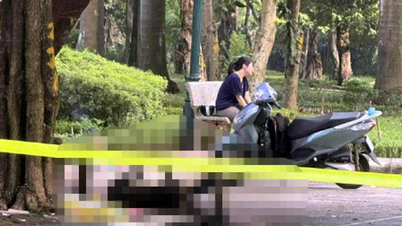
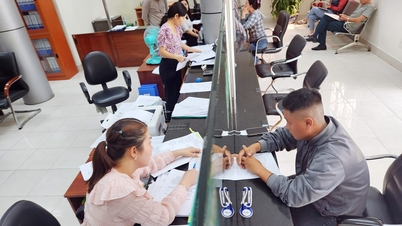

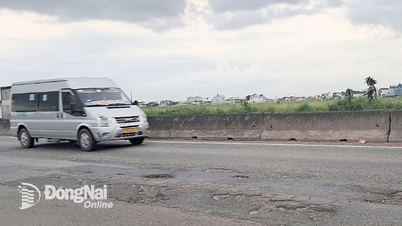
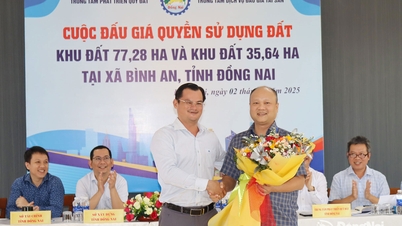
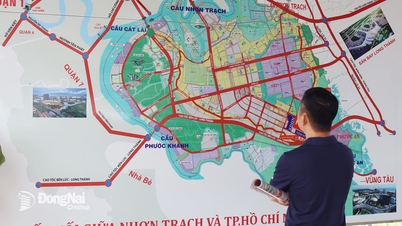
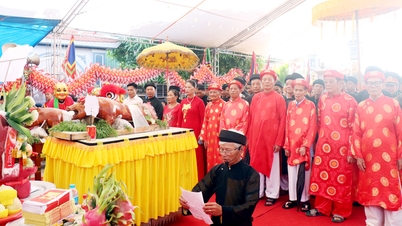













Comment (0)